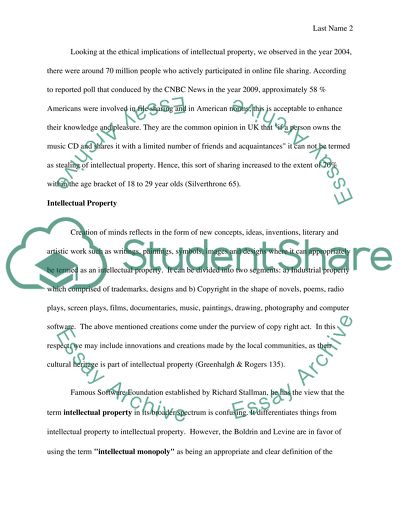Cite this document
(“Final project - Intellectual property (the ethical implications of Essay - 1”, n.d.)
Retrieved from https://studentshare.org/law/1612084-final-project-intellectual-property-the-ethical-implications-of-file-sharing
Retrieved from https://studentshare.org/law/1612084-final-project-intellectual-property-the-ethical-implications-of-file-sharing
(Final Project - Intellectual Property (the Ethical Implications of Essay - 1)
https://studentshare.org/law/1612084-final-project-intellectual-property-the-ethical-implications-of-file-sharing.
https://studentshare.org/law/1612084-final-project-intellectual-property-the-ethical-implications-of-file-sharing.
“Final Project - Intellectual Property (the Ethical Implications of Essay - 1”, n.d. https://studentshare.org/law/1612084-final-project-intellectual-property-the-ethical-implications-of-file-sharing.


